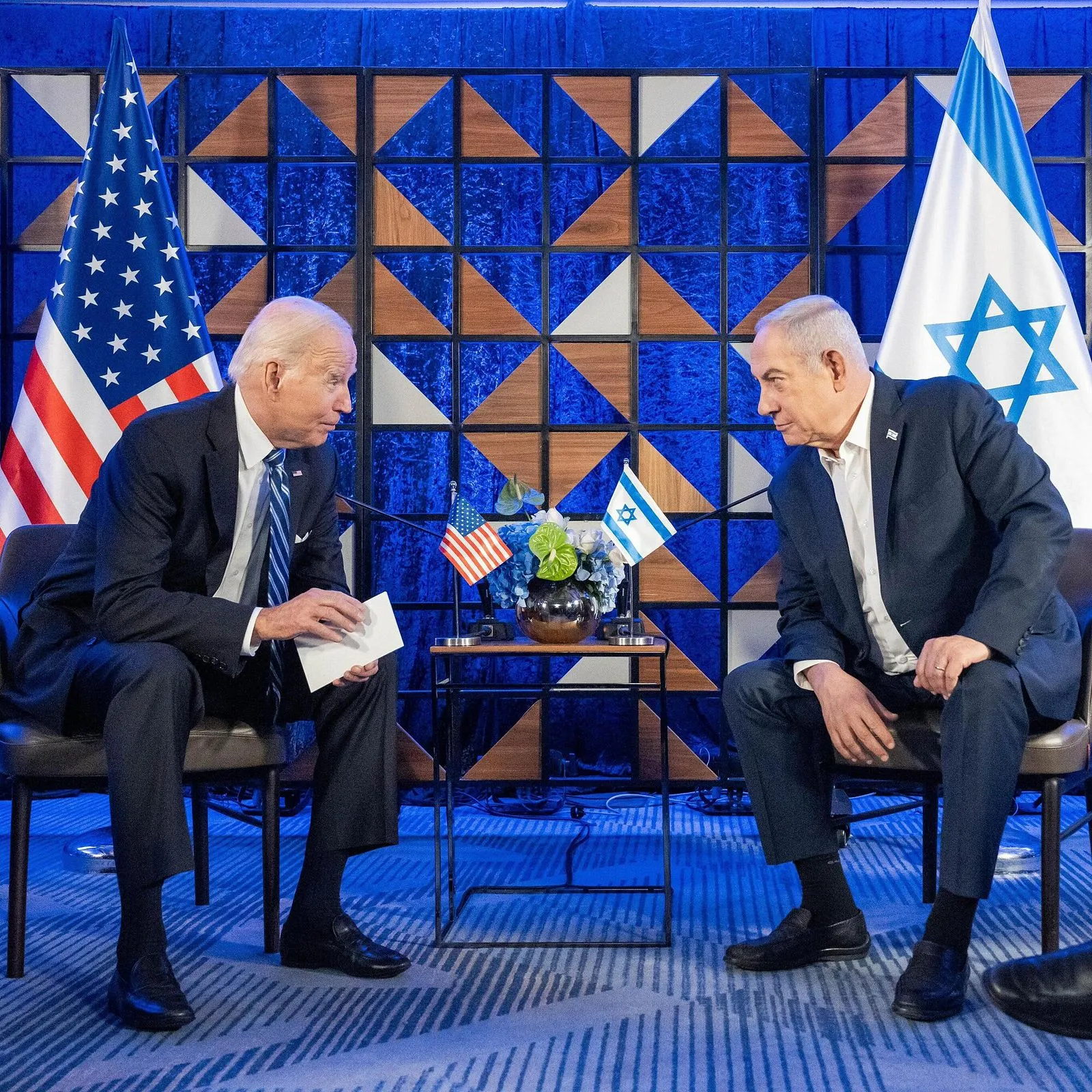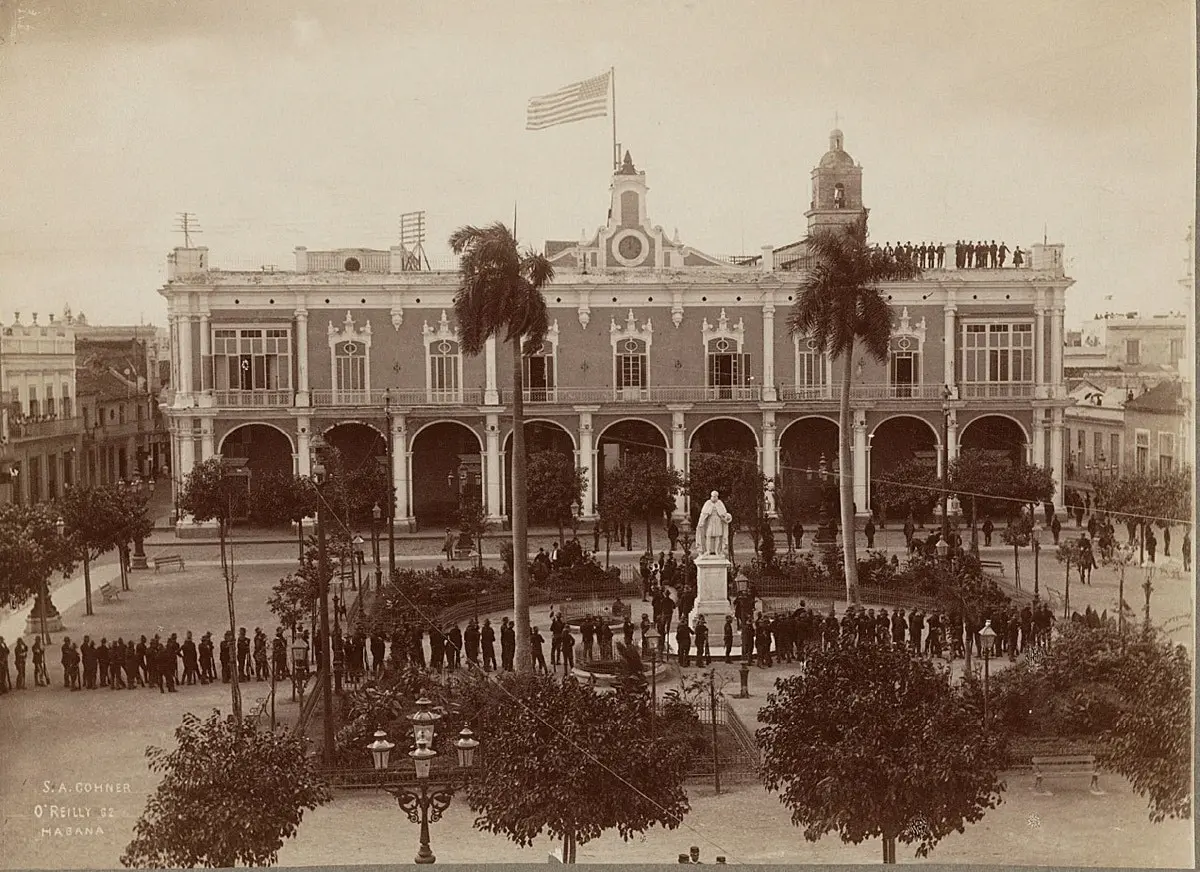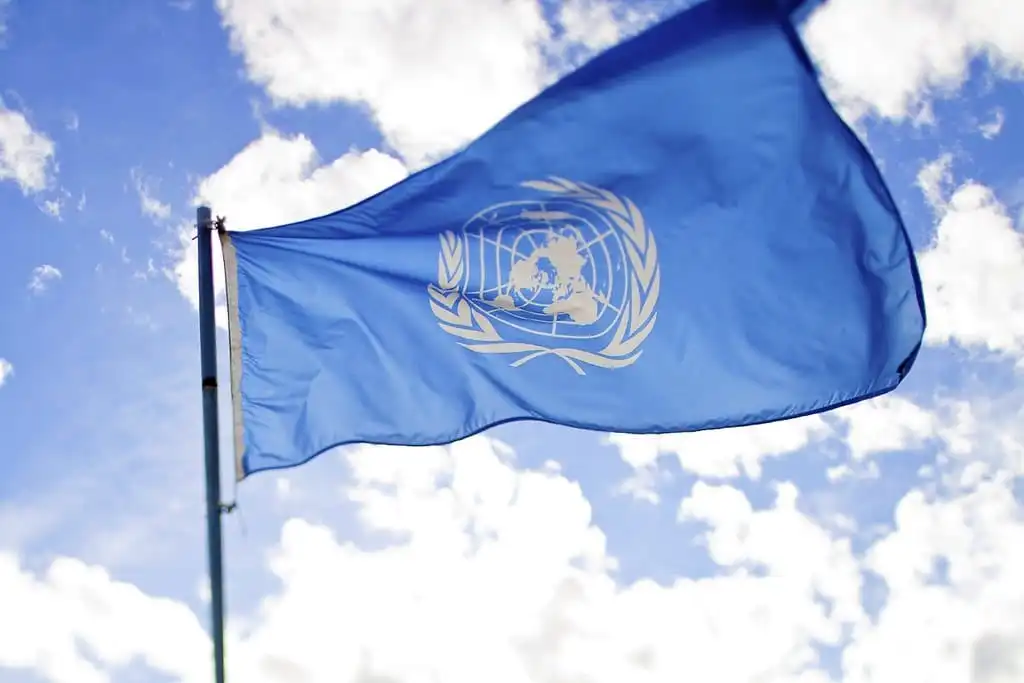In one of the world’s poorest countries, Yemen, there is a tribe called the Houthis. Emanating from that tribe to lead a larger coalition of other tribes is a group which does not want to be ruled by a Western or Saudi backed puppet government, they are called Ansar Allah, which means Supporters of god. Western media, in an effort to either simplify, or perhaps to denigrate them, have given Ansar Allah different names, they are now referred to as either Houthis or Iranian Backed Houthis, or sometimes Iranian Backed Militia, they are rarely, if ever, referred to by their correct name. There is a good reason for this; we are being spoon fed a line that this is all Iran’s doing and led along a path of escalation to include a war with Iran.
Some might refer to Ansar Allah as freedom fighters, others might call them as terrorists, but not the USA, they were officially removed from the list of terrorists in February 2021. One thing that could be agreed upon is that they fight to remove the current government. Their fight might very well be considered a valid one: Chatham House described deep corruption in 2013 but their page has now been removed. Yemen was ranked 176 out of 180 in the Global Corruption Perception Index in 2022. And yet, this corrupt government has the backing of the largest economy of the Middle East, Saudi Arabia and the world’s largest economy, the USA. Which might explain why the inconvenient truth has now been removed from Chatham House’s website and does in fact, justify Ansar Allah’s cause.
In March of last year, the UN declared the Civil War in Yemen to be the “world’s worst humanitarian crisis” and so it was. However, it was eased when the two nations that supported either side of the war, Iran and Saudi Arabia, were brought to the table by China and resolved their differences.
The inappropriately named United States Institute for Peace(USIP) was critical of the move stating Iran and Saudi Arabia had “chosen to give China a considerable diplomatic victory”. Notwithstanding that both countries had been suffering considerable financial costs. In the case of Iran, the devaluation of the Rial caused immense strain but the cost to Saudi Arabia was different, they were supplying, mostly US and British made arms and military support to the proven corrupt government in Aden. What USIP neglected to mention was that $54.6 billion in US military aid had been supplied and was contributing to this ongoing Civil War.
Since the deal, there has been an ongoing economic improvement in the region with forecasts to improve further in 2024 but that forecast was before October 7th, before the Israeli onslaught on Gaza so things are very likely to change now.
Iran and Saudi Arabia getting along was good for regional trade and very good for stability but led to a loss of revenue for the Military Industrial Complex (MIC), in most industries, when there is a loss of income in one sector, the industry diversifies into another, or the industry recedes. The MIC however, is not like most industries. It thrives on wars and when there is no war, it can’t survive. So, when $54.6 billion in sales to Saudi Arabia was no longer needed to fund a war in the world’s poorest country, they seemingly needed to find a way to find one.
And find one they did. Not only has the Israeli attack on Gaza been good for business, Joe Biden announced this week that the US and UK, working with a coalition of five nations, UK, Australia, Bahrain Canada and the Netherlands, had attacked Yemen. Although Biden didn’t use the word “attack” what his coalition did was “conduct strikes” presumably to soften what might very well be regarded as a war crime, and make it sound so much nicer in the international community.

Biden took responsibility by opening his own press release with the words: “At my direction…” and used a UN Security Council Resolution as justification for his actions. The Resolution however, gave him no such authority. It called for respect of navigational rights, it allowed for defence of ships, it specifically called for the Yemen Coastguard to protect the sovereignty of the country and it asks that further escalation be avoided.
Before discussing further escalation, it’s important to provide some perspective on what’s happened: Ansar Allah have fired missiles at 27 ships over the last few months. Not one of those 27 ships has been disabled, none have been sunk and not one sailor aboard them has been injured. Almost all shipping companies have announced that they will change routes and this means there are a decreasing number of targets for the missiles.
All military tacticians know that the best conflict is the one they avoid. Re-routing ships from the Red Sea, around Africa might be a little more expensive but not one life would be lost. And any expense incurred would easily be offset by the costs of the actual response which so far, has been a military strike on over 70 targets in a country that has no air force and no air defences to speak of. And, this was only on the first day! On Day two of this escalation, the US unilaterally hit another target they describe as a “radar facility used by the Houthis”. The most interesting here was the very last line of a CNN article unironically stated: “The new strikes come after the White House said it was trying to avoid and escalation”.
Top of Form
In an effort to prevent escalation of a crisis, the US, and its partners appear to have decided that escalation by them is the best way to avoid further escalation by others.
It wasn’t just the 70 targets in 28 sites rebel-controlled sites in Yemen that were destroyed; this “escalation to avoid an escalation” also destroyed the recently gained prospects of peace, stability and economic recovery. If that wasn’t bad enough, it looks like the world is now one step closer to an even wider escalation.
All this is bad for the region, bad for the economy and bad for the world, but good for one small group of people; investors in Lockheed-Martin, Raytheon and others, saw their shares close higher on the day of these strikes. The people of Yemen, on the other hand, saw close up what the USAF and the RAF look like when they go to war. At least 5 people are dead and 6 more injured. There will no doubt be many more.
Editor's Note:
The views and informations expressed in the article are solely those of the author and may or may not reflect the views of The International. We believe in providing a platform for a range of viewpoints from the left.
"The International" belongs to you.✕
Please take a moment to read this. We apologize for any interruption, we want you to know "The International" seeks your valued support at this time. We've proudly served as a pioneering online platform, delivering ad-free media content. With only 2% of our readers opting for a subscription, any contribution you choose holds immense significance—whether it's an annual fee of $25 or a monthly payment of $2.5. — The "The International" Team, committed to providing you with enlightening perspectives. We want to highlight that this sum is even less than what you'd spend on a cup of coffee, yet it greatly aids in sustaining our efforts to perpetuate and enhance your esteemed initiative.






